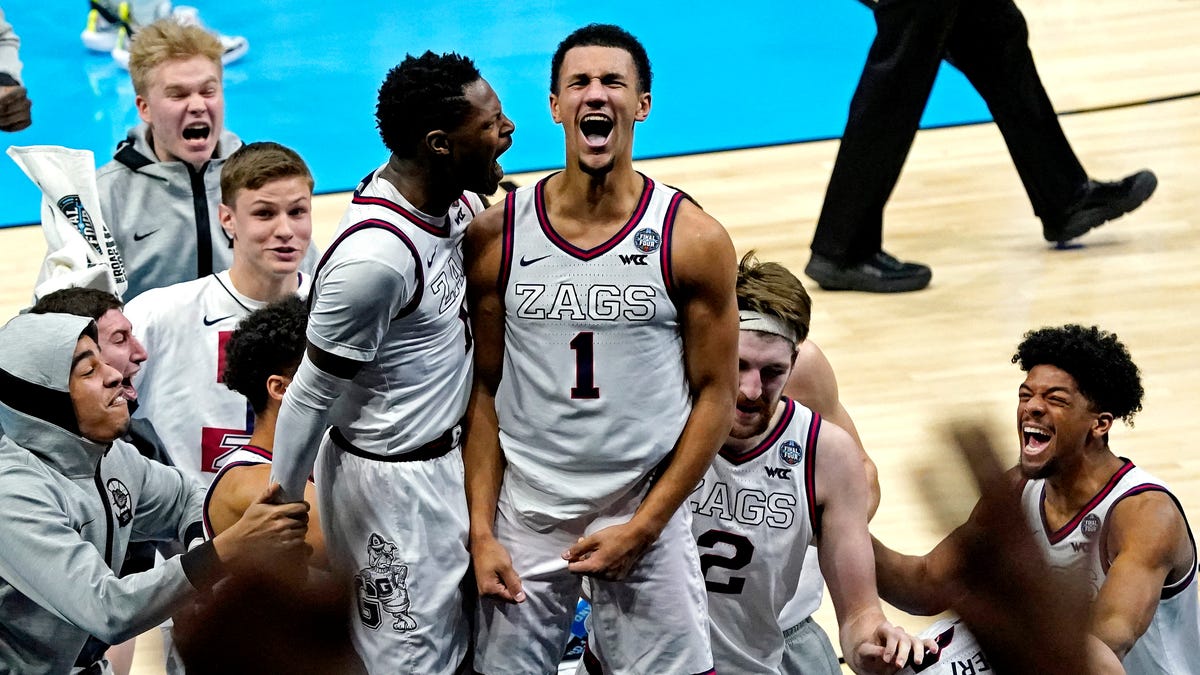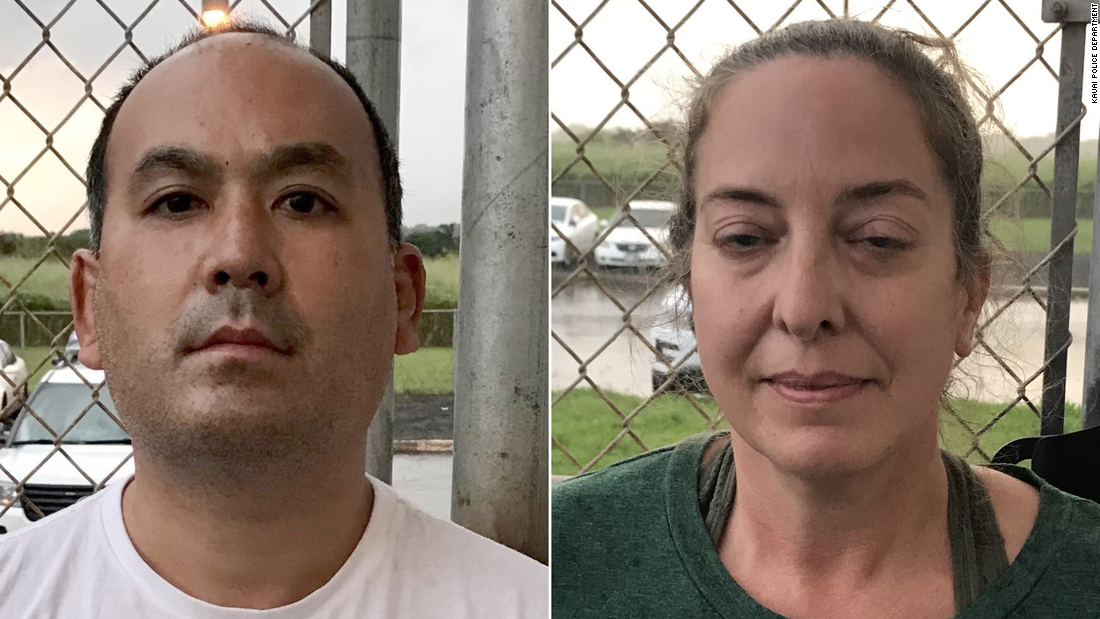It’s the words on the screen just before the credits roll on the new BBC documentary about Anton Ferdinand and racism which truly make your heart sink.
This is the moment where we find out what happened after Ferdinand repeatedly and deferentially asked John Terry to speak to him, on camera, for the first time since the incident. ‘John Terry still hasn’t returned Anton’s email,’ we’re told. ‘His representative… told us that he’s moved on with his life and career and doesn’t want to re-open the case.’
It’s also where we find out why Kick it Out, the anti-racism organisation which the Football Association funds, claimed they had feared speaking out for Ferdinand back in 2011, in case that grant support was withdrawn. ‘The FA said its written policy encouraged Kick it Out to support victims of discrimination,’ we’re told. ‘It has declined to provide a copy of that policy.’
Anton Ferdinand (above) has spoken for the first time about the shocking events of 2011
John Terry (third left) was alleged to have racially abused Ferdinand (far left) during a derby
This is one of the most devastating sports documentaries of recent times, revealing in unsparing detail how it felt for Ferdinand to be there, caught inside the cyclone, after Terry quite clearly called him ‘you black c***’ during Chelsea’s match at QPR in October that year.
The film’s myriad sorrows include footage of a gap-toothed Ferdinand, aged ten years or so, coyly telling a TV reporter before a West Ham United junior game that, yes, his big brother was indeed Rio Ferdinand. ‘He’s taught me a few things and hopefully I can follow in his footsteps.’
And Ferdinand now, still beating himself up about why he didn’t do more in 2011 to speak out about Terry’s conduct, when that would clearly never have come naturally to him. Even when he is preparing to give a talk to a group of West Ham under-23s at the end of the film – the gentlest audience imaginable – he is a bag of nerves. ‘If you speak from the heart, it’s fine,’ Rio gently reassures him.
All we hear of Terry is a brief audio clip of his interview with an FA officer who is investigating the race case. He sounds articulate, relaxed and appears to have her wrapped around his little finger. They joke together as they go through events. ‘We won’t go into the referee’s performance,’ she says. He laughs.
Ferdinand addressed the incident in 2011 in a new BBC documentary – Football, Racism and Me
Terry’s disinclination even to send a reply to Ferdinand’s email and phone calls about meeting up tells us all we need to know about that particular individual. Surprising that Aston Villa really do still want to maintain the association with the man and employ him. It’s a free country.
But it’s the FA whose contribution to the film – or lack of – is most depressing. An engaged, modern, aware governing body would express remorse for the way that the victim suffered more than the perpetrator. It would admit that the tone of that Terry interview was unacceptable. All Ferdinand and the film-makers got was a cold, dismal rebuttal statement, referencing the ‘written policy’ it refused to disclose and offering a statement so patronising it makes your blood boil. ‘We fully respect Anton’s recollection of the investigation.’
The FA has moved on in the past nine years. The rapid removal of Greg Clarke for his odious opinions last month demonstrates that there would now be none of the dither about whether to axe Terry as England captain that there was back then. They did charge and fine Terry in 2011, after a criminal prosecution was unsuccessful.
But the candour and intelligence that the organisation needed to convey in a film like this ironically came from the former board member who stepped down three years ago, insisting there was much more work to be done in pursuit of diversity.
The FA’s quick removal of Greg Clarke after his odious comments last month showed that there would now be none of the dither about whether to axe Terry as there was back in 2011
The FA should be moving mountains to appoint Dame Heather Rabbatts as Clarke’s successor
Dame Heather Rabbatts, recruited as an FA independent director in 2011, tells Ferdinand in the documentary that even she, a woman of race, had not fully appreciated how Ferdinand had been left to face a torrent of abuse and feel that it was all his fault.
‘I can feel my gut constrict,’ she tells Ferdinand. ‘I feel terrible now, not knowing that, because I would have stood up. I would said more. You should not have been held to account, because you were the experienced the racial abuse.’
Here was the tone of intelligence, humility and – dare it be said? – kindness that the FA needed to strike. The governing body should be moving mountains to get Rabbatts back as chairperson, now that the antediluvian Clarke has sloped off.
Significantly, the FA this week lost yet another of its independent directors, Stacey Cartwright, because she could not accept a decision to bring back into the fold an FA Council member, Brian Jones, who has posted an Islamphobic message.
Ferdinand is pictured leaving Westminster Magistrates court in a taxi back in July, 2012
Terry (left) was found not guilty by criminal law but the FA did later find him guilty of racism
Perhaps the greatest source of optimism in the film is the testimony of Neil Warnock, Ferdinand’s QPR manager at the time, and Jordan Henderson, his former Sunderland team-mate: two white men admitting that they had been on a journey of discovery about prejudice and race.
It takes courage, in the world we’re in, for a Liverpool captain to admit the club were wrong to parade Luis Suarez’s name on T-shirts after he racially abused Patrice Evra.
‘You learn a lot from experience,’ Henderson reflects. ‘I’m not sure we dealt with that episode in the best way.’ Spoken with the kind of humanity and contrition which would have been so welcome from Terry, as he embarks on his new ‘life and career.’
And from the FA, with their cold, bleak, weasel words.
Where’s the dignity and grandeur that made boxing the sport of kings? Daniel Dubois was pilloried for submitting to Joe Joyce on the canvas at Westminster Church House last weekend.
Former world title challenger Dillian White lambasted him for ‘quitting’ and BT Sport legitimised more of the same nonsense from Carl Frampton. Dubois had his orbital bone fractured and a bleed on the retina. Does any more need to be said?
Daniel Dubois has received some stick for quitting despite having his orbital bone fractured
Craig Kline, the Fulham FC former assistant director of football, was briefly famous. He was best friend of club owner Shahid Khan’s son and took to Twitter to publicly abuse writers or executives who challenged him.
When Fulham dismissed him for the chaos he’d wreaked, Kline sought to derail Khan’s £600m bid to buy Wembley by claiming there had been corruption behind the deal.
Now the former FA chief executive Martin Glenn has won a libel action over Kline’s wild conspiracy theories about how he covered up corruption, child abuse and fraud.
Kline has also been found in contempt of court and risks jail over further defamatory tweets about Fulham. We won’t be hearing from him again, though he’ll probably claim he saved Wembley.







